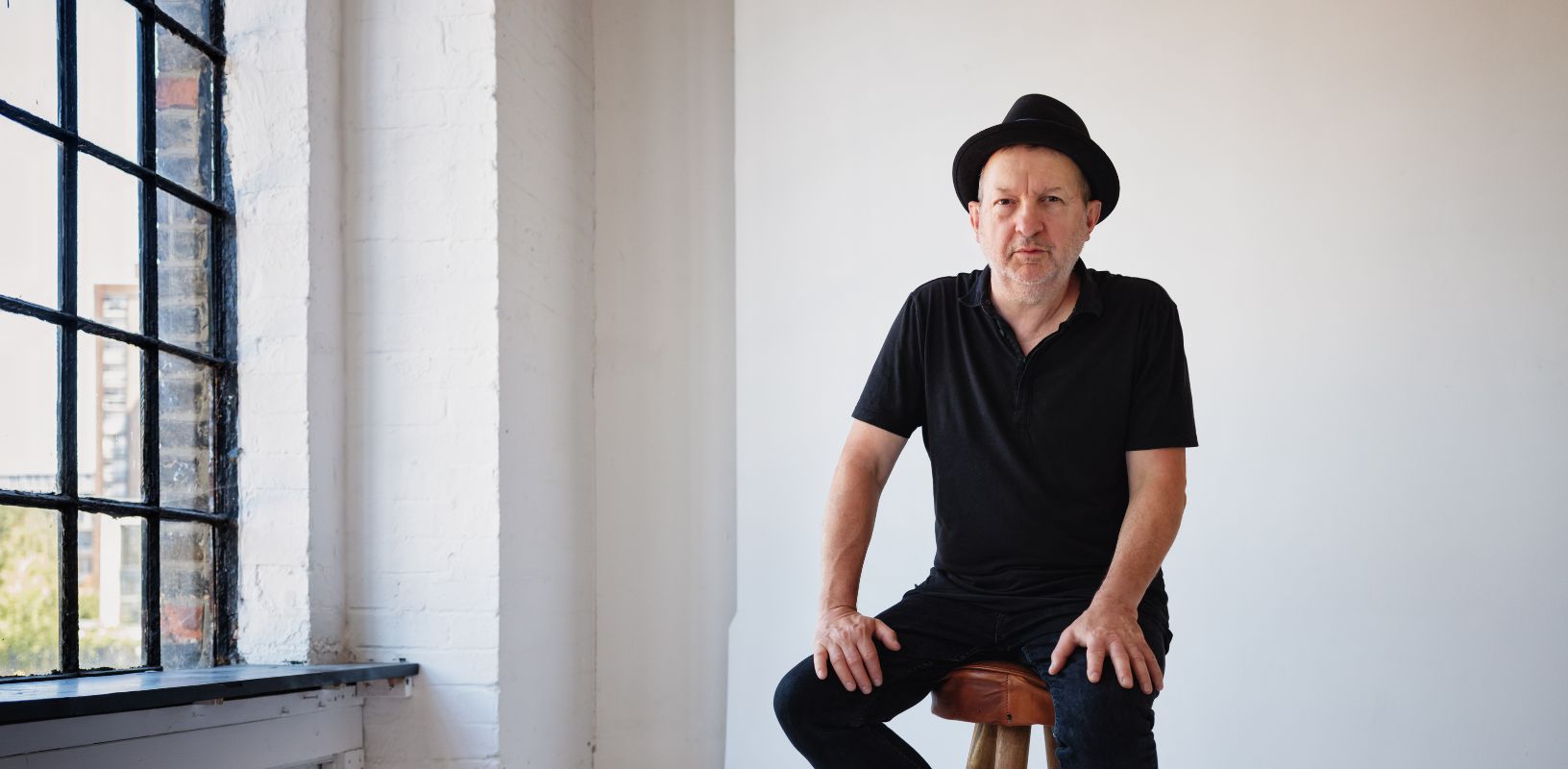Mark-Anthony Turnage: new opera Festen announced

The Royal Opera in London has announced the premiere next season of a new opera by Mark-Anthony Turnage. Festen is based upon the acclaimed film by Thomas Vinterberg and the new stagework sees Turnage working with librettist Lee Child of Billy Elliott fame.
The world premiere of Mark-Anthony Turnage’s new opera Festen has been announced for 14 February 2025 by the Royal Ballet and Opera in London. The six performances at the Royal Opera House are staged by Richard Jones, who directed Turnage’s opera Anna Nicole for the same company in 2011. Edward Gardner conducts Royal Opera forces and soloists including Allan Clayton, Stéphane Degout, Gerald Finley, Natalya Romaniw and Eva-Maria Westbroek.
Turnage and librettist Lee Hall come together to adapt Oscar-winning filmmaker Thomas Vinterberg’s 1998 Dogme film Festen into a piercing new opera of trauma and complicity. Also appearing previously as a West End play, this darkest of comedy-dramas delves into the disturbing subject of abuse and generational conflict, with decorum descending into chaos as a family celebration takes a dark turn.
Oliver Mears, Director of Opera at The Royal Opera, discussed Turnage’s Festen in an interview in the Evening Standard: “Mark really wants to connect with people. He wants opera to be as engaging as possible to modern audiences, and that’s why he’s chosen this subject matter,” Noting the dark nature of the new opera, ranging from domestic violence to alcoholism and abuse, Mears added: “There’s no getting away from the fact that these are realities, and opera is nothing if it doesn’t deal with realities, however bleak and disturbing they might be. These are big themes and opera is about big themes, big emotions. The most popular operas in the repertoire – La Traviata, La Bohème, Carmen – deal with difficult subjects. This will be an enthralling, gripping night.”
Stageworks and the human dramas revealed within them have formed a vital thread throughout Turnage’s output. His first opera, Greek, established his reputation in 1988 as an artist who dared to forge his own path between modernism and tradition by means of a unique blend of jazz and classical styles. The Silver Tassie was premiered by English National Opera in 2000, winning both the South Bank Show and the Olivier Awards for Opera. Anna Nicole played to sold–out houses at Covent Garden in 2011 and has also been staged in Dortmund, New York, Nuremberg and Wiesbaden, while his opera for family audiences Coraline, was staged by The Royal Opera at the Barbican Theatre in 2018, travelling on to Freiburg, Lille, Saarbrücken, Zürich, Stockholm and Oakland. Turnage has written ballet scores for both Sadler's Wells (Undance) and The Royal Ballet (Trespass and Strapless).
> Visit the Royal Opera website
Festen: from screen to stage
The Danish avant-garde film movement Dogme95 that became infamous within the world of cinema in the late nineties began with Festen (The Celebration), Thomas Vinterberg’s international breakthrough and the source material for composer Mark-Anthony Turnage. With fellow film director Lars von Trier (Nymphomaniac, Melancholia, Breaking the Waves – the latter two adapted into operas), Vinterberg created a manifesto that intentionally mimicked French film auteur François Truffaut’s ‘Une certaine tendance du cinema’, the Cahiers du cinéma article that had launched the French New Wave movement in 1954.
The Dogme95 rules and their accompanying ‘vows of chastity’, as named by von Trier and Vinterberg, were to be implemented, first and foremost, to allow traditional storytelling, raw performance style and specific themes greater focus. Elaborate special effects and technology were forbidden, while shooting was to be done on location, in natural light and with hand-held cameras. With this approach, it is perhaps unsurprising that Festen – its damning emotional revelations unvarnished by the artificial devices of popular cinema – is particularly conducive to the more organic and indeed dramatic setting of the stage. In 2004, David Eldridge’s English-language stage adaptation of Vinterberg’s film premiered at the Almeida Theatre, before soon transferring to the West End and later embarking on various international tours, including a short stint on Broadway.
Photo: James Bellorini
